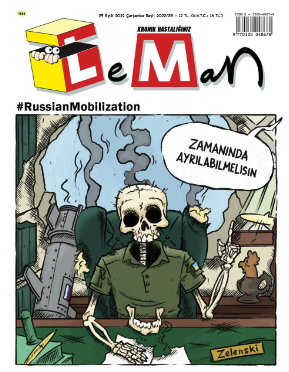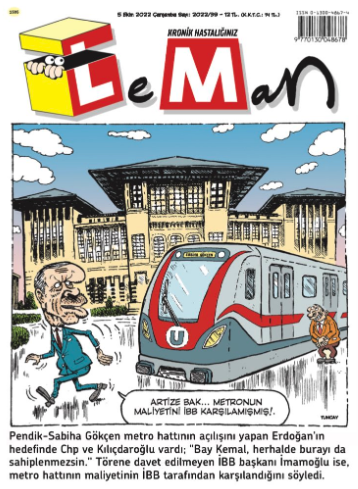One of the factors that supposedly symbolizes the unity of Russian society and the state is the “great Russian culture”. In them, domestic literature is an important component of culture, the spiritual habitat of the people. This is about Pushkin, Dostoievskyi, Chekhov, Chaikovskyi, Gogol or Tolstoi in particular.
Russians use the term “great Russian culture” in fact with the goal of overcoming their inferiority complex and artificially exalting it in the international arena. They say that the cultures of different countries and peoples have the right to exist, but the “great” one, that is, with an exceptionally rich heritage, is Russian.
For centuries, Russia destroyed Ukrainian culture: language, history, customs and traditions, cultural elite, and this is not an exhaustive list. The Russians distorted facts and appropriated Ukrainian writers and cultural figures, for example, the writer Mykola Gogol or the artist Kazymyr Malevych. Ukraine is allegedly a territory that has always belonged first to the Soviet and now to the Russian heritage.
Russia's war against Ukraine showed the true face of the aggressor. It turned out that the “great Russian culture” can massively educate murderers, rapists and marauders who have thousands of war crimes to their credit. Russians also show the “greatness” of the culture they grew up with by physically destroying monuments of Ukrainian cultural heritage.
For example, in the town of Ivankiv in the Kyiv region, the occupiers fired at and set fire to the local history museum, which housed almost 20 works by the world-famous Ukrainian artist Mariia Prymachenko. In the Kharkiv region, Russian troops destroyed the National Museum of Hryhorii Skovoroda with a direct missile hit. In the Zaporizhzhia region, Russians robbed and destroyed the Vasylivskyi Historical and Architectural Museum “Popov’s Estate”, which is a national monument. The Ministry of Culture and Information Policy claims that in total, the Russians have damaged 664 cultural heritage sites in Ukraine as of July 2023.
The position of Russian culture as great has always had the goal of justifying violence and disregard for others, which is one of the manifestations of xenophobia. Of course, one can be proud of one’s own culture, but when it actually appropriates the achievements of others of its own kind and tries to rewrite history, then talking about the “greatness” of that culture, in our case Russian, makes no sense. It turns out that there is no “great Russian culture” - this is a fiction, rather aimed at emphasizing the supposed superiority of this culture over all others.


